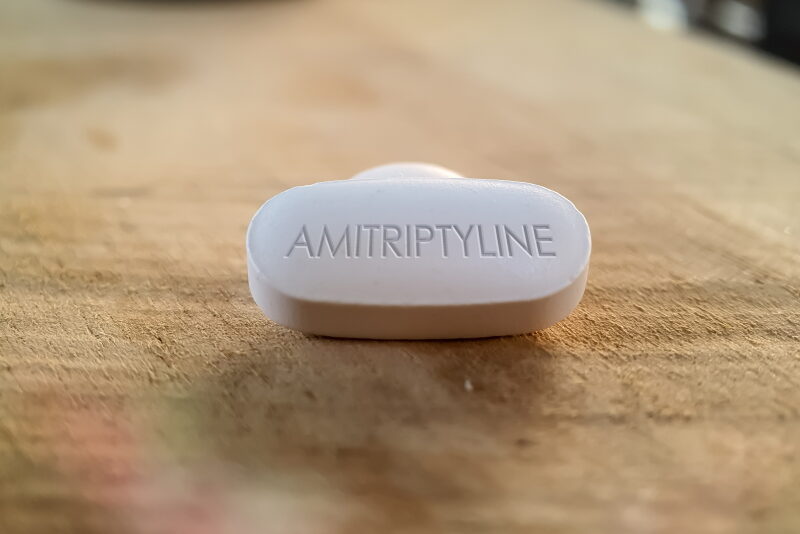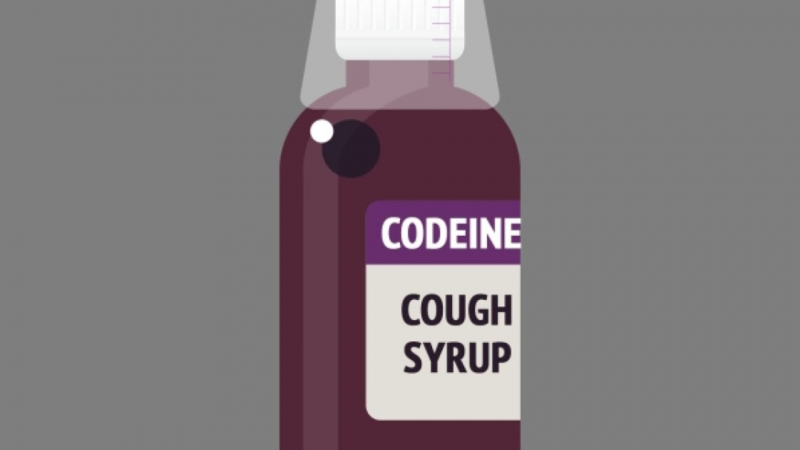Interactions

If diazepam is taken concurrently with another medication, consideration should be given to any potential pharmacological interactions. Diazepam's effects should be used with caution when combined with barbiturates, phenothiazines, opioids, and antidepressants, to name a few. Both the activity of hepatic enzymes and the metabolism of other substances are unaffected by benzodiazepines. There is no proof that long-term use of diazepam changes its own metabolism. The pace at which diazepam is metabolized can be changed by substances that have an impact on hepatic cytochrome P450 pathways or conjugation. With long-term diazepam medication, these interactions should be most prominent, albeit their clinical importance can vary.
The negative effects of diazepam, such as sleepiness and vertigo, may be made worse by alcohol.
Typical drugs with which Diazepam may interact are:
- Anti-anxiety drugs, such as benzodiazepines like lorazepam and oxazepam, as well as others
- anticonvulsants such as valproate
- antidepressants, such as amitriptyline, imipramine, nortriptyline
- antihistamines that cause sedation, such as diphenhydramine
- barbiturates
- duloxetine
- monoamine oxidase inhibitors, such as selegiline, isocarboxazid, or phenelzine
- opioid analgesics such as codeine, oxycodone and morphine
- oral contraceptives
- muscle relaxants such as cyclobenzaprine
- probenecid
- scopolamine
- sleeping pills, such as zolpidem
- some medications used to treat mental illness, such as clozapine and thioridazine
- theophylline.









